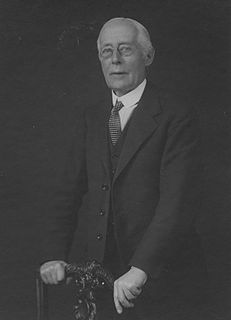A Quote by Pankaj Mishra
Most of what I read is for reviewing purposes or related to something I want to write about. It's slightly utilitarian. I definitely miss that sense of being a disinterested reader who's reading purely for the pleasure of imagining his way into emotional situations and vividly realized scenes in nineteenth-century France or late nineteenth-century Russia.
Related Quotes
Given that the nineteenth century was the century of Socialism, of Liberalism, and of Democracy, it does not necessarily follow that the twentieth century must also be a century of Socialism, Liberalism and Democracy: political doctrines pass, but humanity remains, and it may rather be expected that this will be a century of authority ... a century of Fascism. For if the nineteenth century was a century of individualism it may be expected that this will be the century of collectivism and hence the century of the State.
For arousing compassion, the nineteenth-century yogi Patrul Rinpoche suggested imagining beings in torment - an animal about to be slaughtered, a person awaiting execution. To make it more immediate, he recommended imagining ourselves in their place. Particularly painful is his image of a mother with no arms watching as a raging river sweeps her child away. To contact the suffering of another being fully and directly is as painful as being in the woman's shoes.
It seems to me that the novel is very much alive as a form. Without any question, every epoch has its own forms, and the novel nowadays cannot resemble that of the nineteenth century. In this domain all experiments are justified, and it is better to write something new clumsily than to repeat the old brilliantly. In the nineteenth century, novels dealt with the fate of a person or of a family; this was linked to life in that period. In our time the destinies of people are interwoven. Whether man recognizes it or not, his fate is much more linked to that of many other people than it used to be.
Perhaps the best testimony to the effectiveness of the reforms of 1852 is the fact, that men of a slightly later generation, familiar with the working of the courts half a century after, find it difficult to believe that such abuses as are plainly described by the legislation of that year, should really have existed in the middle of the nineteenth century.
It seems fair to say that while the moral standards of the nineteenth century persisted almost unchanged into the twentieth, moral practices changed sharply, and that though the standards of the nineteenth century persisted the institutions that had sustained them and the sanctions that had enforced them lost influence and authority.







































